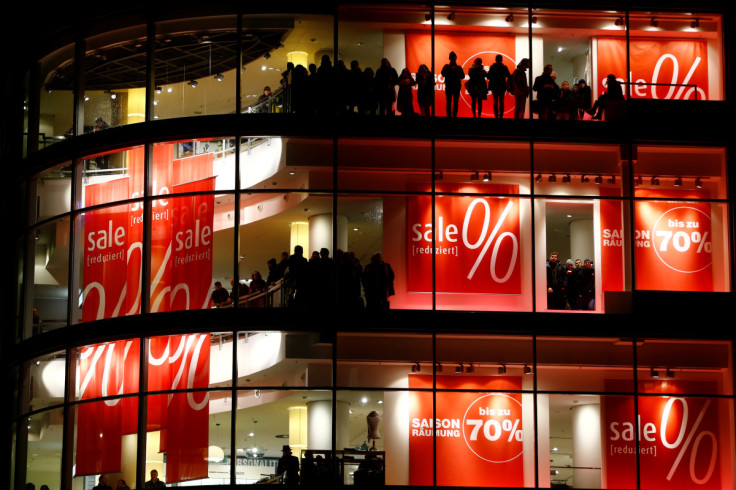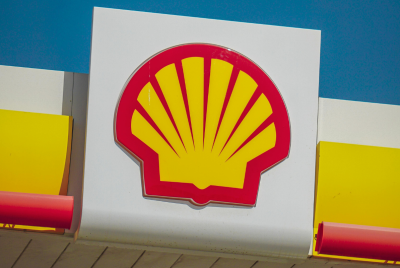Slowdown beckons as euro zone retail sales drop more than expected
Euro zone retail sales plunged in June and factory gate prices continued to rise, data showed on Wednesday.

Euro zone retail sales plunged in June and factory gate prices continued to rise, data showed on Wednesday, adding to fears the 19-country single currency zone is heading for recession.
The European Union's statistics office Eurostat said the volume of retail sales in the 19 countries sharing the euro, already adjusted for inflation, fell 1.2% month-on-month in June for a 3.7% year-on-year decline.
Economists polled by Reuters had expected unchanged monthly sales and only a 1.7% annual fall.
Separately, euro zone business activity, measured by the purchasing managers index (PMI), contracted in July for the first time since early last year as consumers reined in spending amid a cost-of-living crisis.
"The impetus to growth in H2 2022 looks to be weakening as high and broad inflation, energy-saving measures and tightening financial conditions increasingly weigh on activity," Oxford Economics said in a note.
"Respondents see almost a 60% chance of the euro zone following the U.S. into technical recession in the next 12 months," it said, summing up its latest survey of risk perceptions among businesses. A technical recession is often defined as two successive quarters of negative growth.
The drop in retail sales, a proxy for consumer demand, comes as producer prices rose 1.1% month-on-month in June for a 35.8% year-on-year surge, Eurostat said.
As producer prices are a measure of prices of products sold as they leave the producer before taxes, transport and other costs are added on, that rise signals more upward pressure on consumer inflation and downward pressure on demand.
While the euro zone economy grew more than expected in the second quarter, economists said the expansion might have been a last hurrah before a likely recession in the second half of the year.
"The sharp fall in euro-zone retail sales in June means sales contracted in Q2 as a whole," said Michael Tran, economist at Capital Economics.
"With the final PMI surveys pointing to price pressures continuing to intensify and demand softening, we think household spending will struggle over the coming months," he said.
Eurostat data showed that energy prices in June were almost double compared to 12 months earlier, but even if they were excluded, producer prices were still 15.6% higher year-on-year -- a rise that is bound to affect consumers' purchasing power.
The biggest drop in retail demand was for non-food products, except car fuel, especially via mail orders and internet where they plunged 12.5% year-on-year, Eurostat said.
Germany, Europe's biggest economy, showed the steepest drop in retail sales of 8.8% year-on-year, with the third biggest Italy also showing a decline of 2.8% in annual terms. Second biggest France still managed a 0.6% year-on-year rise.
Copyright Thomson Reuters. All rights reserved.





















